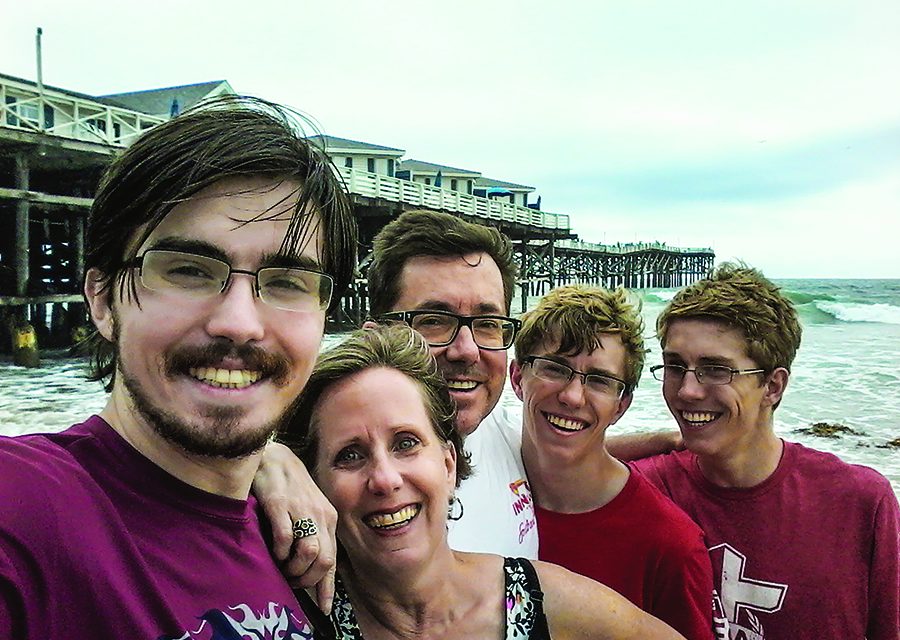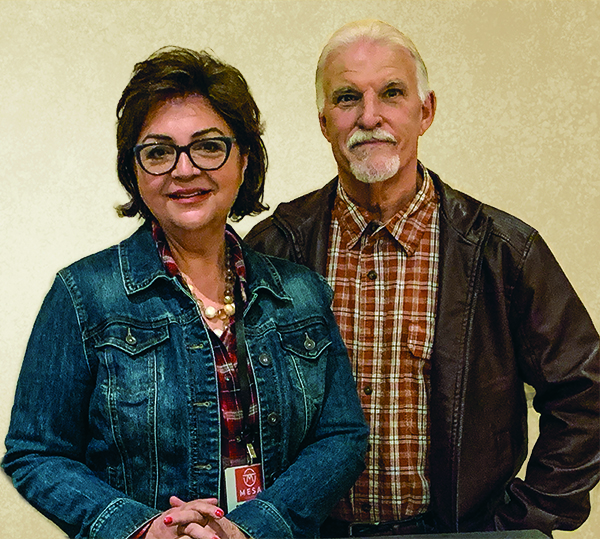In 2015, the U.S. Supreme Court legalized same-sex marriage. LGBTQ activists celebrated. The Christian church grieved. But the court assured Americans that religious liberty would remain intact.
“It must be emphasized that religions, and those who adhere to religious doctrines, may continue to advocate with utmost, sincere conviction that, by divine precepts, same-sex marriage should not be condoned,” the majority wrote. “The First Amendment ensures that religious organizations and persons are given proper protection as they seek to teach the principles that are so fulfilling and so central to their lives and faiths, and to their own deep aspirations to continue the family structure they have long revered.”
Less than a decade later, those words have turned out to be rather empty.
The LGBTQ movement isn’t satisfied with the recognition of same-sex marriages. It wants sway over every facet of society—the pulpit, the counseling center, even the family dinner table.
“This is not a poor, beleaguered minority,” says Jeff Johnston, an issues analyst at Focus on the Family and a staff writer for The Daily Citizen. “It is a successful, well-funded movement with a lot of allies.”

So-called “conversion therapy” bans have become the newest tactic for LGBTQ activists. Brazil, Canada, Ecuador, Germany, Malta and Taiwan have enacted conversion therapy laws, while 20 U.S. states and the District of Columbia, plus dozens of cities, have restrictions in place for how minors questioning their sexuality should be counseled.
Many assume the term conversion therapy refers only to dangerous, abusive and coercive practices forced upon people with same-sex attractions, but the way many of the new laws are worded, it’s actually much more elusive.
“It includes everything from ‘My grandma told me not to be gay,’ to real counseling and support groups, to just praying with a pastor,” Johnston says.
Author and ordained pastoral counselor Joe Dallas believes LGBTQ activists commandeered the term in order to stoke fear among the general public.
“Conversion therapy is an ominous term designed to make ministry to same-sex-attracted people look either sinister or dangerous, or at least unhealthy,” he says. “But proper ministry to same-sex-attracted people is none of those things.”
Both Johnston and Dallas can speak to the issue on a personal level. As young men, both struggled with homosexuality, and both sought out godly counseling and mentorship as part of their journeys out of that lifestyle and into Christian discipleship.
“Initially when I went to counseling, I thought, OK, I’ll go for six weeks and then be done and move on with my life,” Johnston says. “But I realized along the way that it wasn’t about … an instant change in my thoughts, feelings and behaviors. It is a lifelong pursuit of a relationship with Jesus, of the healing that comes from God through the Holy Spirit.”
In addition to counseling, Johnston credits a group of men from his church for holding him accountable and helping him align with God’s design for sexuality.
Similarly, Dallas says his experience with counseling was “very redemptive.”
“Counseling helped me better understand my emotional makeup, my own sexual history,” he explains. “My counselor didn’t say, ‘Follow my plan and you will be completely converted from a homosexual to a heterosexual.’ In fact, he said the opposite. He said, ‘I can’t guarantee you that your feelings will change, but I can help you be better equipped to deal with them.’”

Today, Johnston and his wife of 28 years are parents to three college-aged boys. Dallas and his wife are coming up on their 35th wedding anniversary and are the parents of two adult sons.
“I had the right to pursue what I felt was right in the sight of God and my own conscience,” Dallas says. “If I had not been given that right … if someone had told me ‘No, that kind of counseling is unethical. You need to accept the fact that you’re gay and live that out,’ there would be no sons, no 35-year marriage, none of the fruit that has come from a union that God formed in 1987.”
Johnston and Dallas agree—conversion therapy bans threaten freedom of speech and freedom of religion. And if Americans lose those freedoms, they will have essentially lost everything, Dallas says.
“A lot of people foolishly think, We have a Constitution and a Bill of Rights; we’re guaranteed freedom of religion. But that Constitution is like the Bible. If you don’t adhere to it, it doesn’t make much difference if you have one.”
That’s why it’s up to Bible-believing Christians to take a stand, Johnston says.
If you’re not sure how, he suggests first getting informed. Ask questions, read trusted sources and build your understanding.
Parents of young children, get involved in your children’s education. Call for transparency in curricula, run for a seat on the school board. And at home, monitor what your kids are watching. The LGBTQ agenda has even begun infiltrating cartoons, Johnston warns. Programs like “Arthur” and “Clifford The Big Red Dog” have introduced homosexual characters, exposing even the youngest of viewers to unbiblical ideologies.
“It’s up to parents, grandparents, Sunday school teachers and youth leaders to teach our children God’s good design for sexuality and relationships.”
Further, Dallas encourages Christians to vote responsibly.
“We need to be voting for candidates—whether it’s mayors, governors, senators, Congress members or presidents—who support freedom of speech and freedom of religion. … If we raise our voice in a responsible way and publicly declare that we have the right under God, first and foremost, and, secondly, under our own Constitution, to continue to preach and promote the Biblical definition of family and sexuality, politicians will be forced to listen or be out of a job.”
